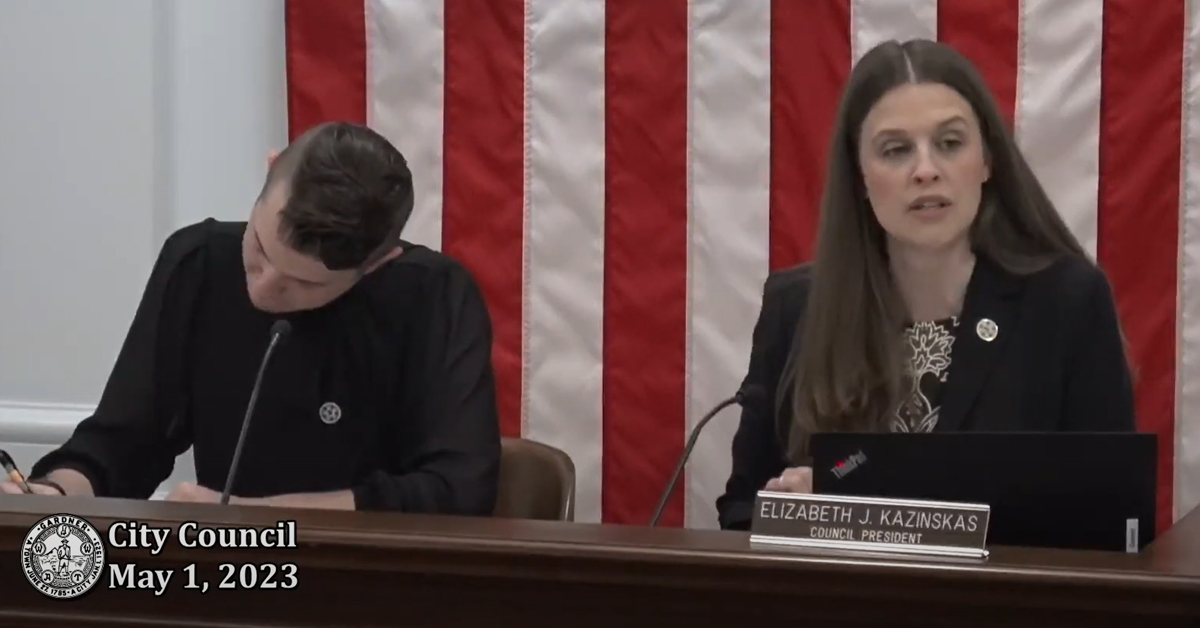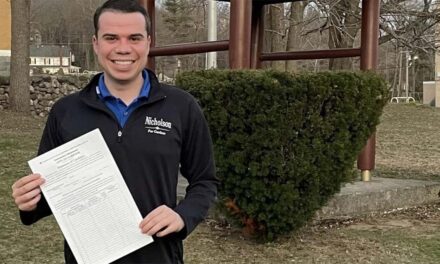The Gardner City Council has once again been accused of violating the Massachusetts open meeting law. This accusation is serious, as the open meeting law plays a crucial role in ensuring that local government is transparent and accountable to its citizens. Let’s dig deeper into what the open meeting law is, why it is important, and examine a recent violation of the law by Council President Kazinskas.
What is the open meeting law?
The open meeting law is a state law in Massachusetts that requires all government meetings to be open to the public. This means that any resident can attend and observe the meetings of their local government, including city councils, town boards, and school committees. The law also requires that meetings be announced in advance, agendas be made available, and minutes be taken and made public.
Why is the open meeting law important?
The open meeting law is important because it ensures that local government is transparent and accountable to the public. Citizens have the right to know how their local government operates, and the law helps to promote transparency and trust between citizens and their elected officials. Additionally, the open meeting law allows for public input and discussion on important issues affecting the community, which can lead to better decisions and outcomes.
What is the most recent accusation about?
During the meeting on May 1, 2023, Councilor James Walsh, Esq., raised the question of whether another violation had occurred. “Just some questions came to my mind since there were five signatories to the letter that accompanies the submission and that letter includes a favorable view of the merits of the three petitions, thoughts that come to my mind… how was this organized by the five individual councilors? Was there a meeting? Was there a communication? Certainly, there was collaboration since they’ve been signed by five members of the council.”
The item in question refers to an Ordinance to Amend the Code of the City of Gardner, Chapter 675 Thereof, entitled “Zoning,” to Change the Classification of Certain Parcels of Land Along Route 140. On page 185 of the council’s May 1 agenda packet, item 10972, Councilors Heath, Tyros, Hardern, Boone, and Tassone signed a letter to Council President Kazinskas (dated April 19, 2023). In the letter they state, “We believe this proposal to have been in the best interest of the City of Gardner, as a way to build our economic base, provide for our residents, and plan for our future. We cannot stay stagnant as a City and must continue to do everything we can to better Gardner for ourselves and future generations of Gardnerites – which is what we believe this original proposal provided for the city.”
The letter continues on, “Whereas Section 5 of Chapter 40A of the General Laws states that the City Council may initiate Zoning Amendments, we, as City Councilors, working in the best interest of the City and our Constituents, propose this ordinance and request that the City Council refer this Item to the Planning Board and schedule a joint public hearing.”
Councilor Walsh concluded his statement with this: “How was it decided to proceed in this manner? How was the letter drafted? By whom was it drafted? How was the content of the letter determined? Who typed it? These are questions that came to my mind.”
Following the statement, Councilor Mack amended her motion to refer, instead requesting that the council refer the situation to the law department to determine if a violation had occurred. “There’s no reason why we need to rush to vote on this tonight”, she concluded.
Councilor Walsh agreed, “I want to say that this is a wise thing to do because it should be done before somebody from the outside does it.”
Violation of the open meeting law by Council President Kazinskas
In 2022, Council President Kazinskas was found to have violated the open meeting law. The complaint, filed by former city councilor Scott Graves, alleged that 1) Council President Elizabeth Kazinskas deliberated via email on December 30, 2021; and 2) the Council failed to create and approve minutes for its executive session held on August 2, 2021.
The state concluded that the council violated the Open Meeting Law by failing to timely approve executive session minutes. Additionally, they found that the Council President violated the Open Meeting Law by deliberating via email on December 30, 2021. They ordered the Council’s immediate and future compliance with the Open Meeting Law, and caution that a future similar violation may be considered evidence of an intentional violation of the Law.
Additionally, each member of the Council was ordered to attend a comprehensive Open Meeting Law training, either by participating in one of the Division of Open Government’s monthly webinar training or by attending a training presented by the Council’s legal counsel.
The violation underscores the importance of the open meeting law in promoting transparency and accountability in local government. It also serves as a reminder to all elected officials to uphold the law and ensure that all meetings are conducted in a public and transparent manner.
The open meeting law is a crucial component of local government in Massachusetts. It promotes transparency and accountability, allows for public input and discussion, and ensures that citizens are informed about how their government operates. The recent violation of the law serves as a reminder that all elected officials must uphold the law and ensure that all meetings are conducted in a public and transparent manner. It is unknown what will come of last night’s potential violation. Given the state’s harsh warning just last year, we may find that the council is judged more harshly this time around.

